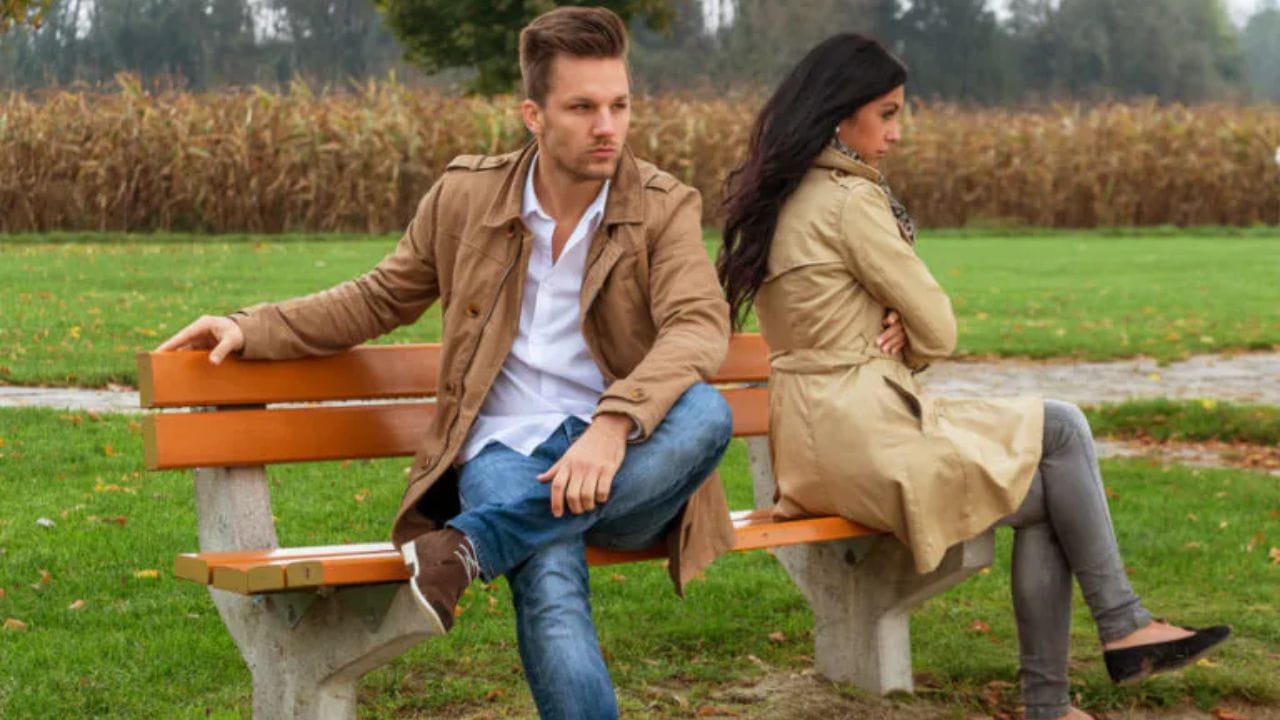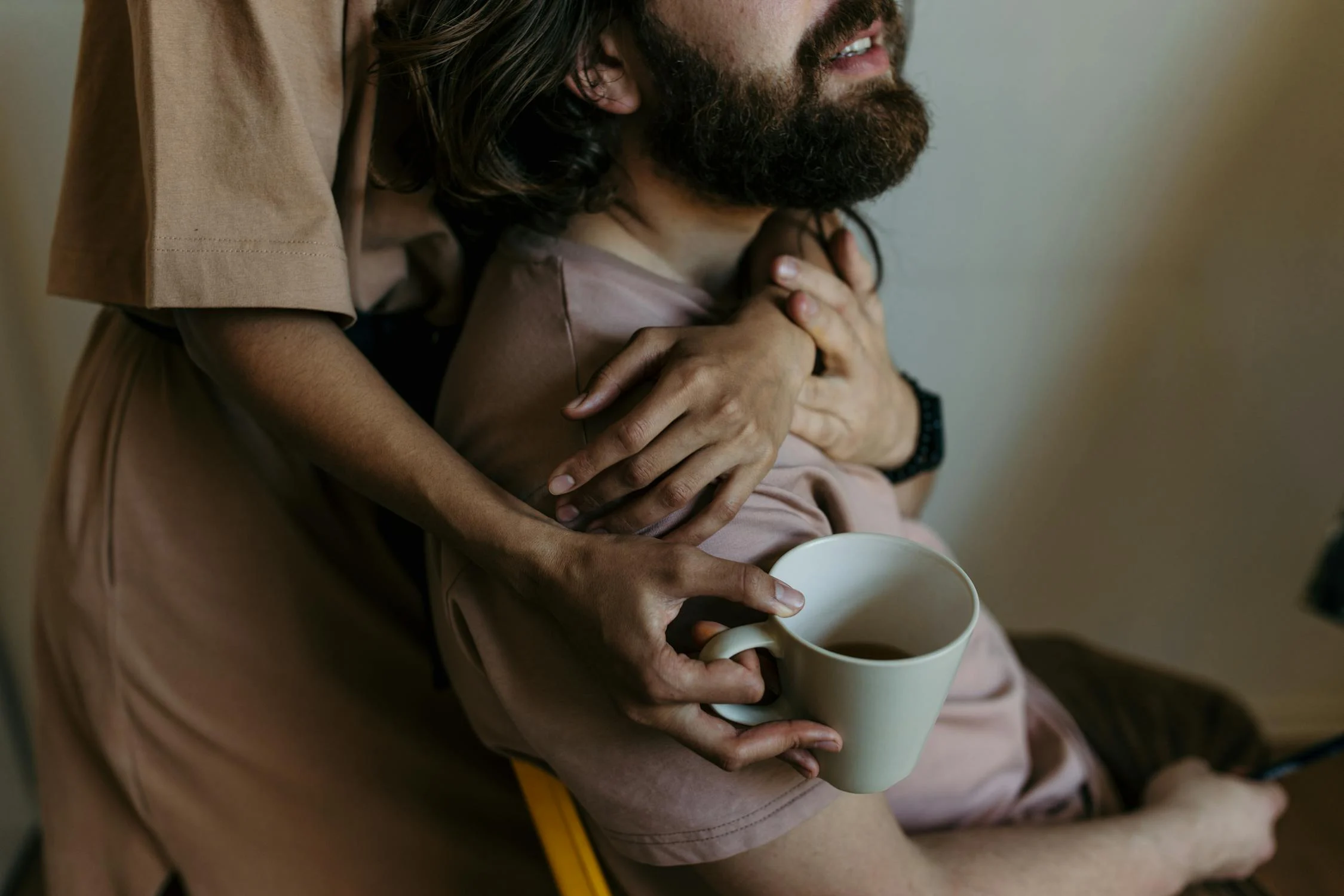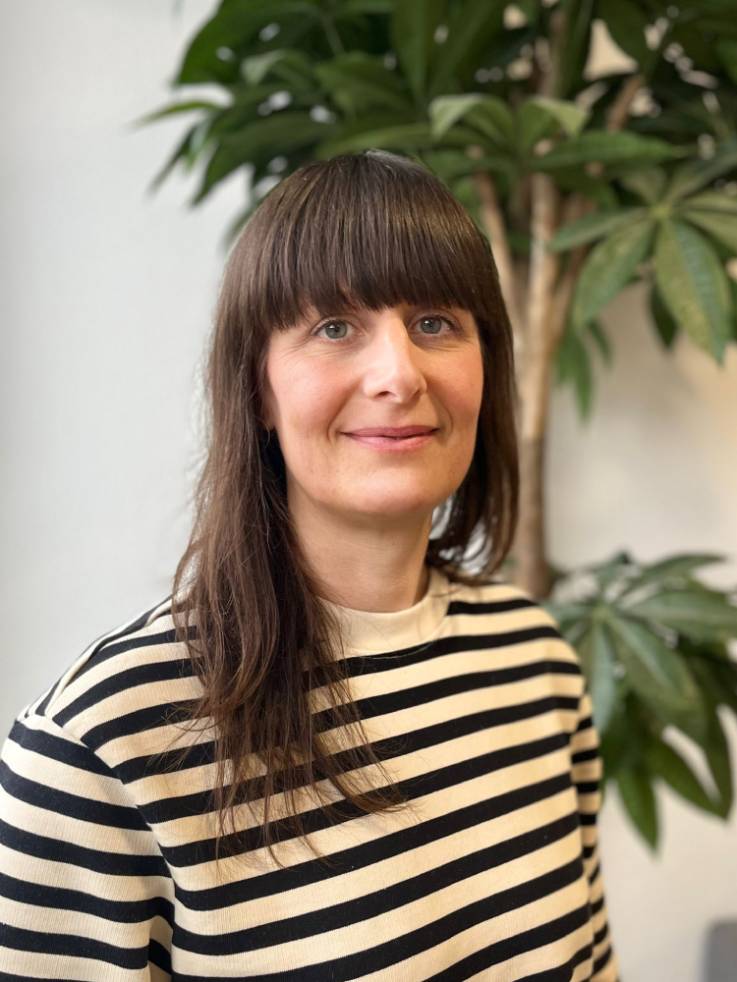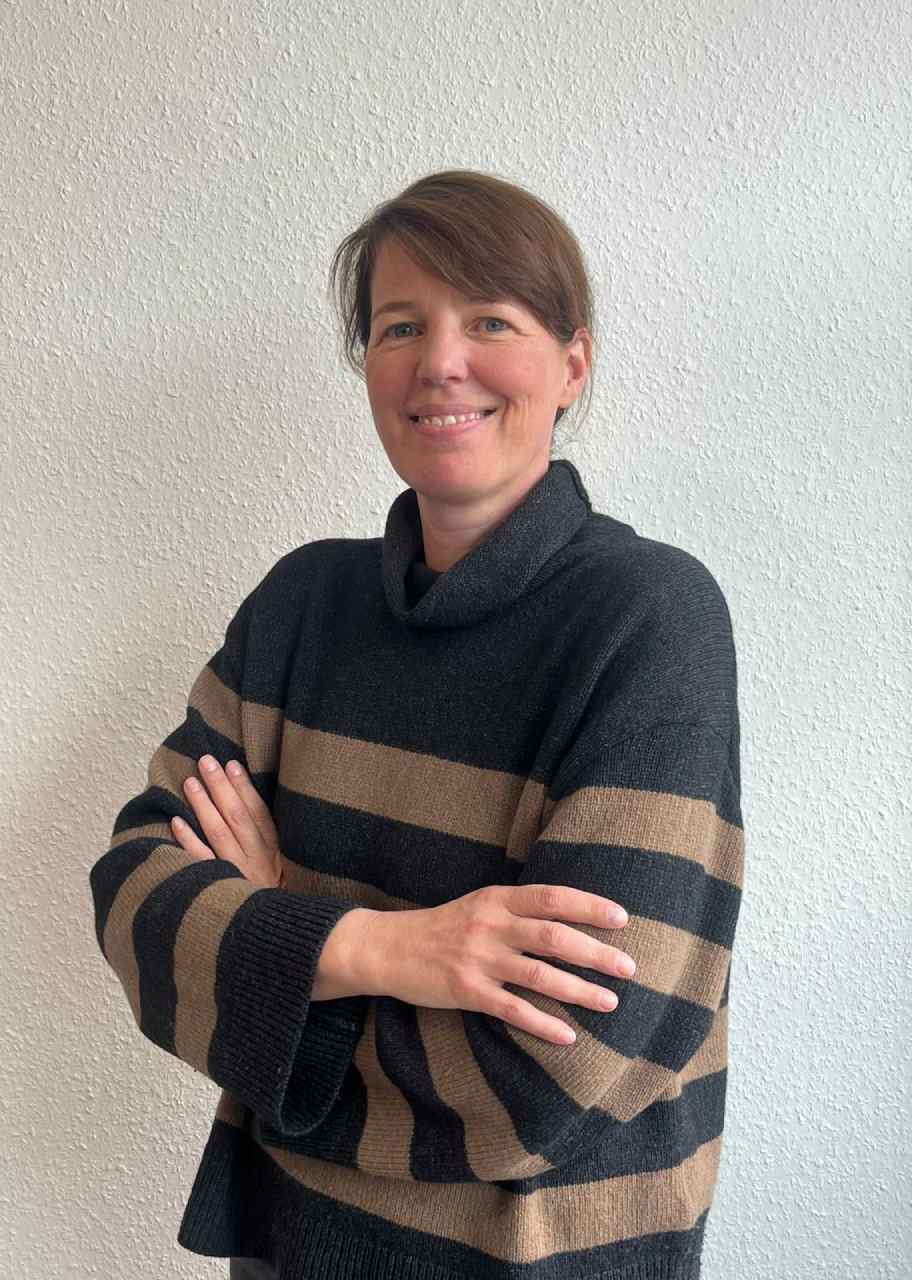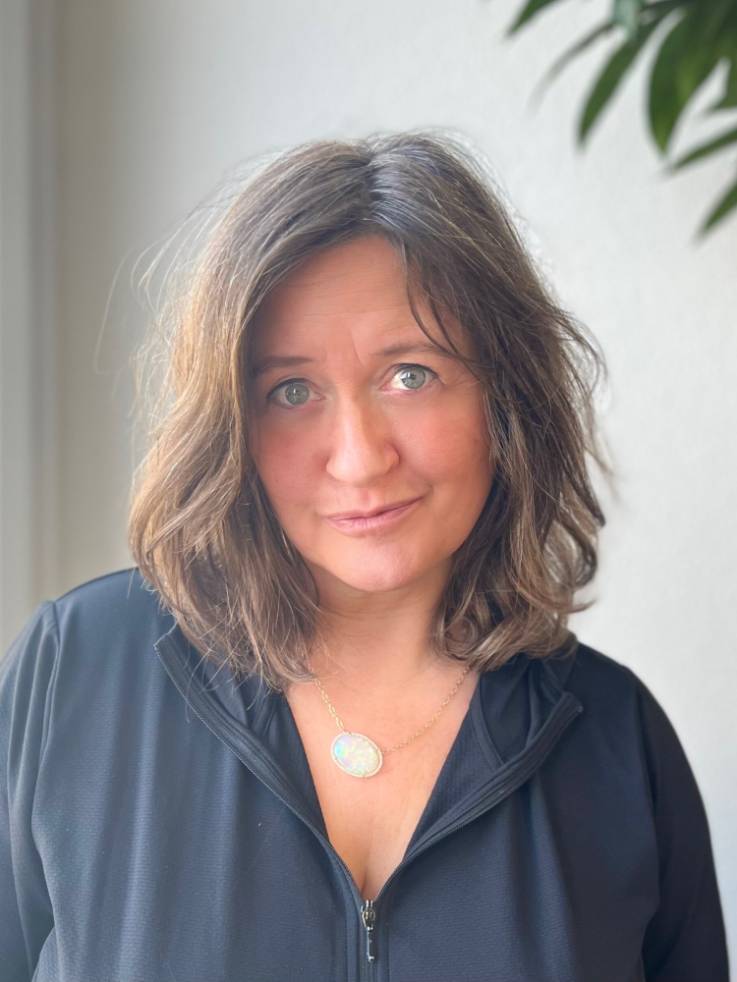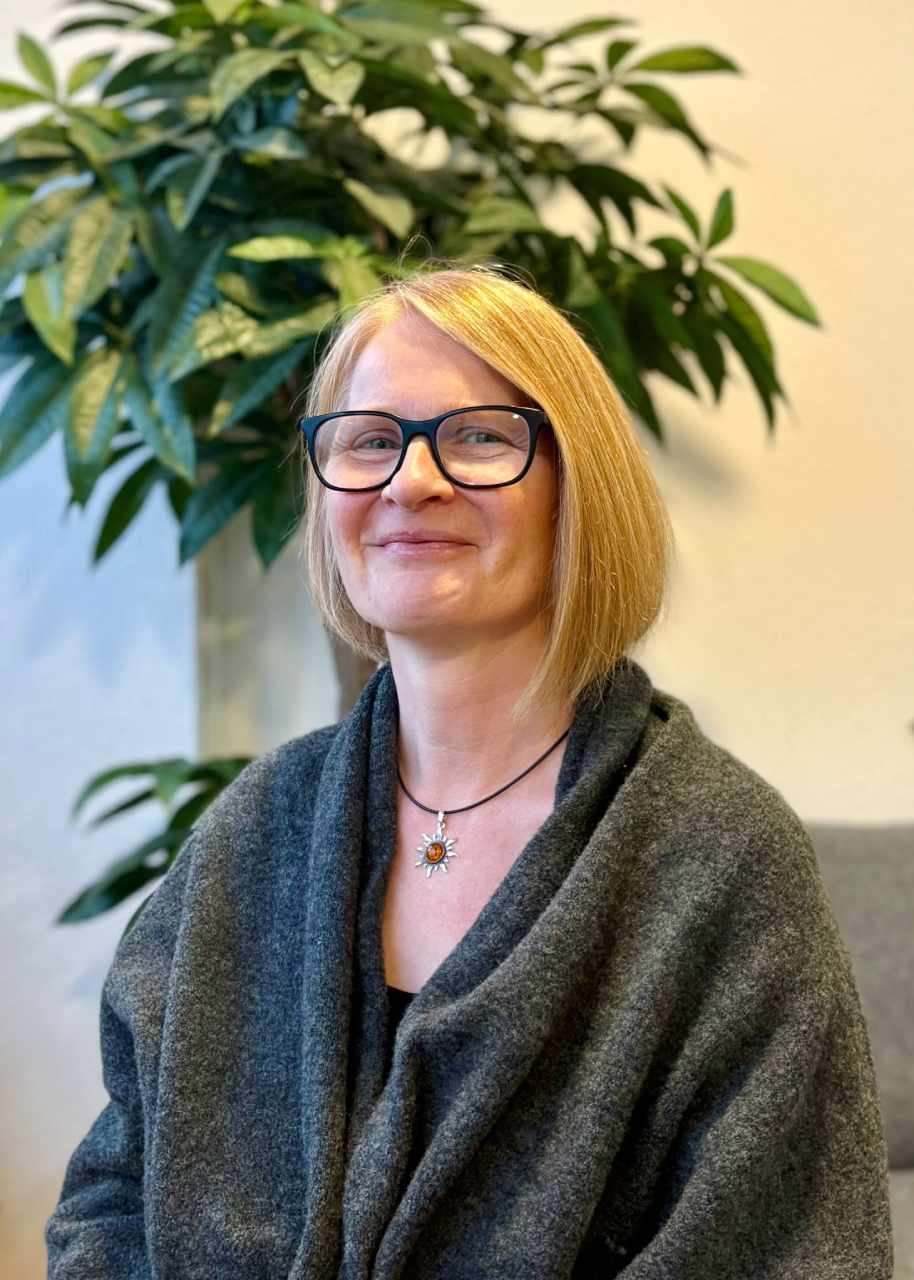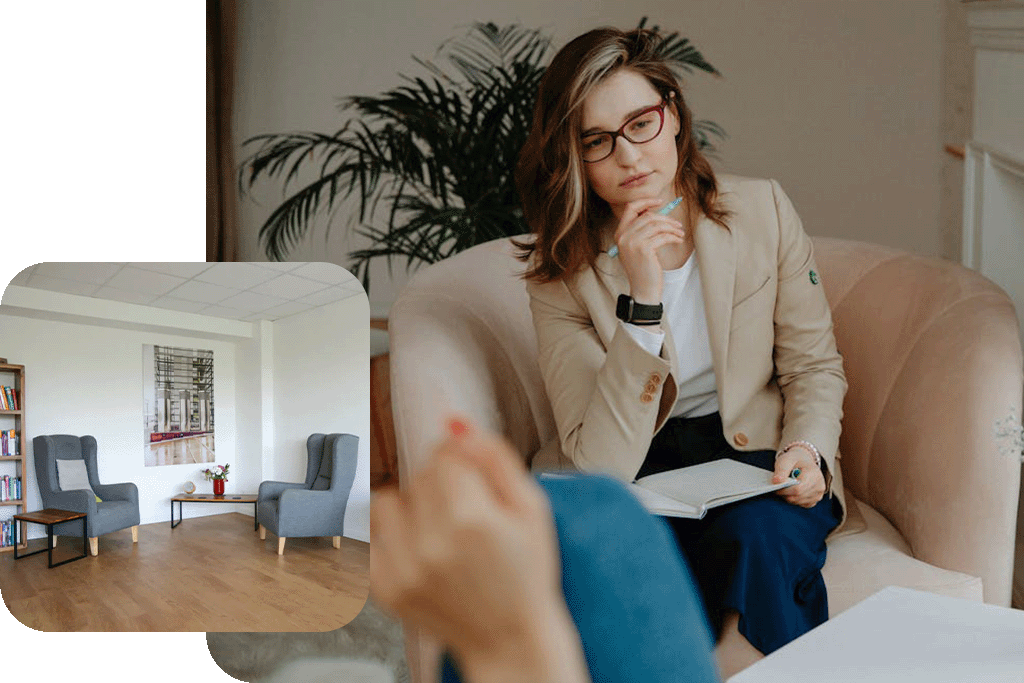
Different
Relationship Types
Every partnership follows its own rules, values, and needs. A fulfilling relationship develops when all parties feel comfortable in their form of relationship and can create shared expectations. We are happy to support you in feeling comfortable in your relationship form and developing shared expectations.
Relationships are as diverse as the people who are in them. While some couples find fulfillment in traditional partnership models, others choose alternative forms of relationships that better meet their individual needs. The way closeness, trust, attachment, and freedom are experienced can vary greatly. Every model brings opportunities as well as challenges, regardless of whether it is monogamous, polyamorous, open, or with clearly defined roles. In couples therapy, the focus is on understanding these dynamics, improving communication, and finding solutions for conflicts that arise from the respective relationship structures.
The choice of a particular relationship form is often shaped by personal beliefs, experiences, and values. However, external influences, social norms, or changing life circumstances can also play a role. There is no universal “right” or “wrong.” What matters is that all parties feel comfortable in their partnership and together create a foundation on which trust, respect, and satisfaction can grow.
Do you have questions about
Couples Therapy?
If you have any questions, feel free to call us or send us an email. We will be happy to advise you in a free initial consultation.
Start your journey to a stronger
Partnership
In a non-binding initial session at Couples Counseling Cologne, we take the time to discuss your individual concerns and challenges in the partnership. Together, we develop initial approaches to find new ways toward more harmony, understanding, and mutual trust. Our experienced therapists provide you with a safe space where you can openly talk about your relationship and develop solutions specifically tailored to your needs. Let us help you strengthen your partnership and create a stable foundation for your shared future – start your journey to a more fulfilling relationship now.
Reasons for couples therapy in different types of relationships
In a traditional relationship, problems often arise, such as difficulties in communication, neglect of one’s own needs, or differing expectations within the relationship, which can also occur in other types of relationships. In addition, there are usually additional hurdles and very individual problems that occur particularly frequently in this type of relationship.
Long-distance Relationship
- Strengthening of emotional insecurities, jealousy, or communication problems due to physical distance
- Communication problems due to different schedules or misunderstandings
- Challenges in long-term life planning and possible relocations
- Different expectations regarding contact and the intensity of the relationship
Open Relationship
- Jealousy and insecurities despite agreed-upon rules
- Unclear or shifting boundaries and expectations between partners
- Difficulty balancing time and emotional energy across multiple relationships
- Different needs or desires regarding additional partners
Polyamorous relationships
- High communication effort to emotionally involve all parties
- Conflicts due to different emotional attachments
- Jealousy or insecurities when one connection is perceived as stronger
- Difficulties in organizing time, obligations, and priorities (including one’s own needs)
Other relationship forms (e.g., FLR, dom/sub)
- Uncertainty about boundaries and roles when needs or expectations change
- Misunderstandings about power or responsibility dynamics within the relationship
- Lack of acceptance or understanding in the social or family environment
- Difficulties in combining equality and individual freedom with established structures
Our Couples Therapists
Our highly experienced couples therapists are happy to guide and support you on your path to a healthy and happy relationship that is fully tailored to your needs.
FAQs
When starting couples therapy, make sure you choose a competent couples therapist: your therapist should be willing to talk transparently about therapy methods. You both need to feel comfortable and feel that they are loyal to you as a couple. In couples therapy in Cologne, both parties should always be able to communicate openly with each other.
It is important that you feel comfortable with your therapist. During the first session, you can find out whether the chemistry is right and whether the therapeutic approach suits your needs.
The right type of relationship depends on individual needs, values, and expectations. It is important to know yourself and your own desires and to openly discuss the different models with your partner in order to find a suitable solution that is fulfilling for both.
Friends can be good conversation partners. However, they lack the distance and neutrality needed to provide effective, solution-oriented help in a relationship crisis. The knowledge and experience of a couples therapist with years of experience are invaluable. Talk as openly as possible about your relationship. Your couples counselor will help you communicate your needs in a loyal and objective manner, while being honest with yourself and your partner.
Yes, couples therapy can provide support regardless of the type of relationship. Whether an open relationship, polyamory, or another dynamic partnership, what matters is not the model but how communication, trust, and shared values are managed. We are happy to help you better understand your own needs, clarify boundaries, and find solutions for challenges that can arise in any relationship.
